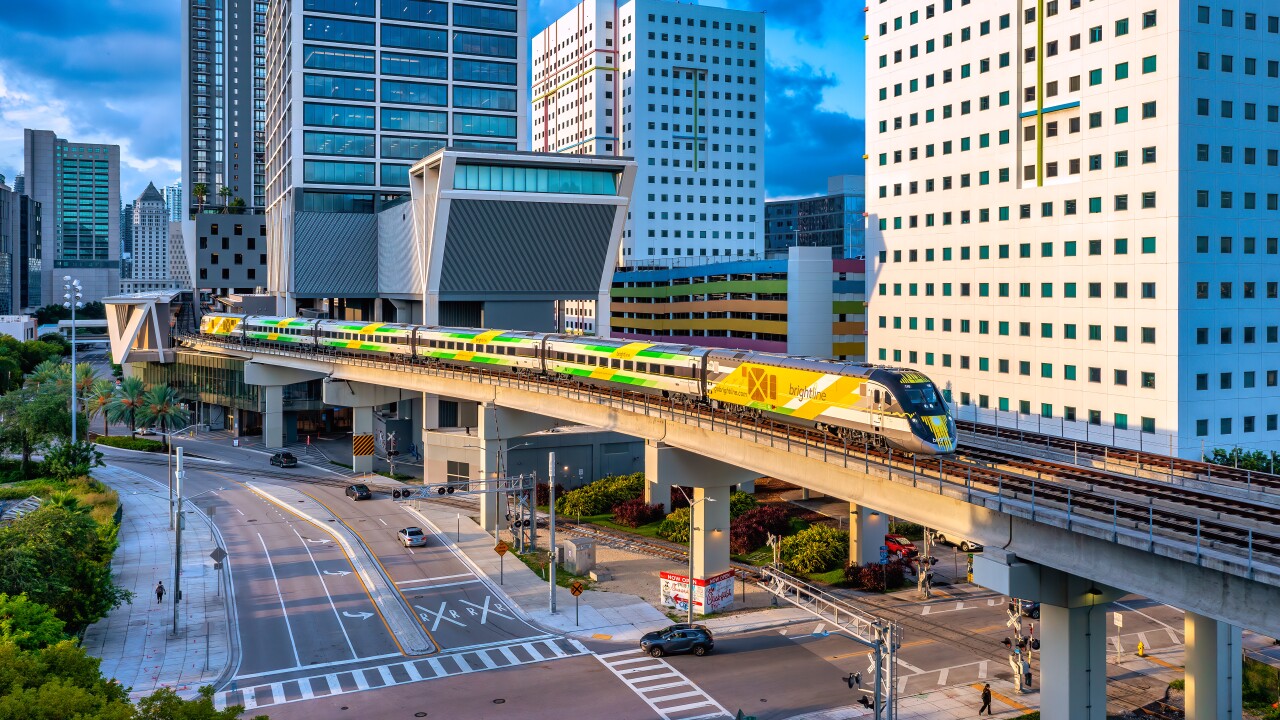MIAMI -- Municipal financing will continue to play a key role in helping communities build resilient and sustainable projects, experts said at Friday's final session of the National Municipal Bond Summit.
With some researchers predicting an increase in catastrophic damages driven by climate change, communities are thinking about sustainability by thinking globally and acting locally, Lindsey Brannon, head of public finance at Neighborly, said as part of a panel discussing smart cities of the future.

State and local governments are responding to extreme weather events, rising sea level, droughts and increased electricity loads – as well bringing public infrastructure up to current standards - by hiring dedicated resiliency officers and incorporating hardening projects into their financings, she said.
“We have many discussions with issuers across the county about projects they want to finance and how they can do that,” she said. “Our vision is to help communities responsibly borrow what is needed, when it is needed, at lower cost.”
Philadelphia, Brannon said, is an example of a city undergoing a sustainability push by creating a dedicated office to focus holistically on efforts such as reducing carbon emissions and preparing for hotter, wetter future to ensure the city is “future proofed.”
“Here at Neighborly we are very focused on the projects that will shape the future of our communities,” she said. “That includes solar, microgrids, muni broadband, green infrastructure, anaerobic digesters - things that are really green and resilient but also provide future proofing for each state and local government.”
Brannon said her firm’s muni-focused platform allows issuers to connect with bond investors interested in impactful investments.
Bonds are made available to residents, not just large institutional or experienced investors, she said, by giving residents who haven’t had the opportunity in the past to invest in their communities.
“We’re very focused on investor education so we have an ongoing process where we educate muni buyers thru our platform,” she said.
New transportation technology and modes also offer communities ways to upgrade, according to MacPherson Hughes-Cromwick, a policy analyst for the American Public Transportation Association.
“We believe the future of mobility is one where consumers have access to multiple modes of transportation,” he said.
Transportation network companies such as Lyft and Uber, car sharing services like Zipcar, and bike sharing are already providing multiple ways of traveling. Household car ownership and ride-sharing opportunities have the potential to increase with the advent of driverless cars, Hughes-Cromwick said.
Municipalities can prepare for these new travel modes by offering dedicated lanes and new charging infrastructure for automated vehicles. Instead of building large parking lots, public transit agencies can use the space more efficiently by building mixed-use developments, he said.
Public-private partnerships also provide communities with alternative tools to invest in infrastructure and retrofit existing facilities, said Jane Campbell, head of public policy and advocacy for the National Development Council.
When she was mayor of Cleveland, Campbell said the city invested in municipal broadband by using a “classic P3.” While bonds were not used in that project, she said other communities have done broadband projects with munis.
“There are different ways to finance structuring in resiliency in buildings,” Campbell said.





